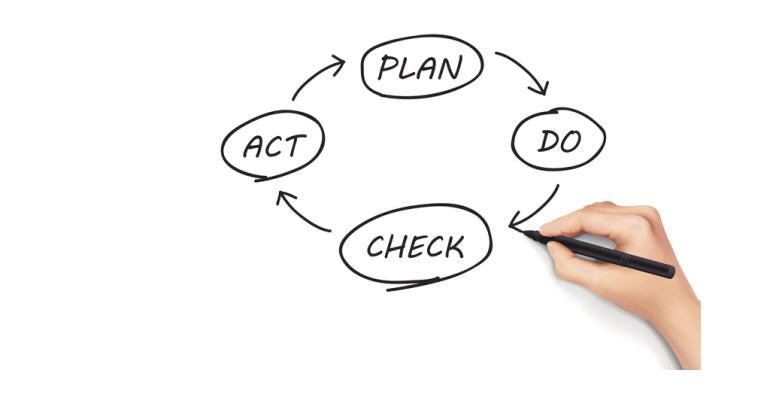For any program you lead, assessing the current situation is an essential element of the continuous-improvement cycle. And for strategic meetings management in particular, an assessment is a very helpful tool to identify gaps in a program that has been in place for a while. Assessments are also a valuable way to address hidden concerns when a program is struggling to gain traction and volume at the desired levels. As a result of an assessment, the program manager will be able to determine next steps to refine and optimize the current SMM program.
Here are the three key components of an SMM assessment:
Survey to determine quantitative information such as:
1. Current volume of meetings
2. Who is planning meetings
3. What types of meetings
Stakeholder interviews to discover qualitative information:
1. Current program satisfaction levels
2. Pain points
3. Service gaps
Benchmarking with other companies:
1. To find willing partners, approach firms of similar size within and outside your industry, plus at least one larger firm
2. Identify best practices
3. Compare your current practices with best practices
4. Conduct trials with operational changes across a subset of your program users
5. Make operational improvements program-wide, and communicate changes clearly to get buy-in
Although this assessment model is geared towards evaluating an existing SMM program, it can certainly be adapted for organizations looking to determine the potential value of a meetings management program.






